Iran blasts Europeans' systematic violation of JCPOA after US exit, calls for dialogue
Iran’s United Nations envoy says US departure from the 2015 nuclear deal and non-compliance of the European Union and the EU trio (France, Germany, and Italy) are the main reasons behind the failure of the agreement and the current deadlock.
During a UN Security Council meeting on the implementation of the deal, officially known as the Joint Comprehensive Plan of Action (JCPOA), and UNSC Resolution 2231 which endorses the agreement, Amir Saeid Iravani said pressures and intimidation are “non-starters” and the only option to revive the deal is “constructive” dialogue.
Iravani added that Iran got engaged in nine rounds of negotiations in Vienna and was willing to revive the deal based on the understanding reached in August 2022, but the United States, E3, and the European Union “lacked sincerity and determination” for its reimplementation.
“Their failure to live up to their commitments regarding the removal of sanctions … is among the examples of their non-compliance,” he noted.
Iravani said the United States, United Kingdom, France, and Germany, are attempting in vain to shift the blame to Iran, disregarding the underlying and primary cause of the current situation, which is the “unilateral and unlawful withdrawal” of the United States from the deal in 2018.
Next, he added, their failure to fulfill their “legal commitments” explicitly mentioned in the deal throughout these years is among the causes of the current state of affairs.
According to Iravani, the E3’s failure to honor their commitments on the removal of sanctions, specified in paragraph 20 of Annex V of the JCPOA on Transition Day (18 October 2023) is a clear example of their non-compliance, which violates both the JCPOA and UNSC Resolution 2231.
“Instead, they mounted a smear campaign against my country, a modus operandi [of the West]; however, repeating lies over and over again does not transform them into a truth.”
He explained that the JCPOA was “not perfect” but it still remains “the best viable option.”
“Despite widespread and systematic violation of the JCOPA on the part of the US, EU, and E3, the revival of the JCPOA to ensure its complete, effective, and unconditional implementation is in everyone’s best interest,” he noted.
He said Iran has time and again said it had to scale back its JCPOA commitments in response to the US's unlawful withdrawal from the deal and the Europeans’ lack of success in upholding their commitments.
“The remedial measures are in full conformity with Iran’s rights under paragraphs 26 and 36 of the JCPOA, according to which, in the case of re-instatement or re-imposition of sanctions by the US or the EU, Iran is entitled to either partly or completely stop fulfilling its commitments.”
Iravani said Iran’s remedial measures were “inevitable” because the JCPOA was drawn up based on a series of nuclear commitments made by Iran in return for the removal of all sanctions imposed by the UN, the US, and the EU.
Nonetheless, Iran took those measures a year after the US pulled out and the EU and E3 failed to remove sanctions, he said.
While sanctions have irreversible effects, Iran’s remedial measures can be reversed should all the sanctions be removed, he added.
Iravani also reiterated that Tehran’s decision to enrich uranium in Fordow was a remedial measure, while its space and missile programs have always been outside the purview of Resolution 2231.
Iran’s nuclear activities, including enrichment at various levels, are for peaceful purposes, and the country continues its constructive cooperation with the International Atomic Energy Agency under the Non-Proliferation Treaty and Safeguards Agreement with the IAEA, he highlighted.
In his remarks, the envoy also described the Israeli regime’s occupation and “systematic genocide” against the Palestinians in Gaza as the main threat to peace in the region.
“If the US and E3 are genuinely worried about peace and security in our region, they should end their direct and long-term complicity in Israel’s warmongering policies, invasions, occupations, and crimes against nations in the region, most particularly the Palestinians.”
Also pointing to the US's massive military build-up in the region, he condemned all armed attacks by that country and the United Kingdom against Yemen.
“The JCPOA is a hard-won multilateral diplomatic achievement that effectively averted an uncalled-for crisis,” he said, adding that Iran has never walked away from the negotiation and is willing to resume talks.
“But, pressure, intimidation, and confrontation are non-starters and will ultimately lead to a dead end; the only practical option to revive the JCPOA is honest and constructive dialogue and cooperation,” he stressed.
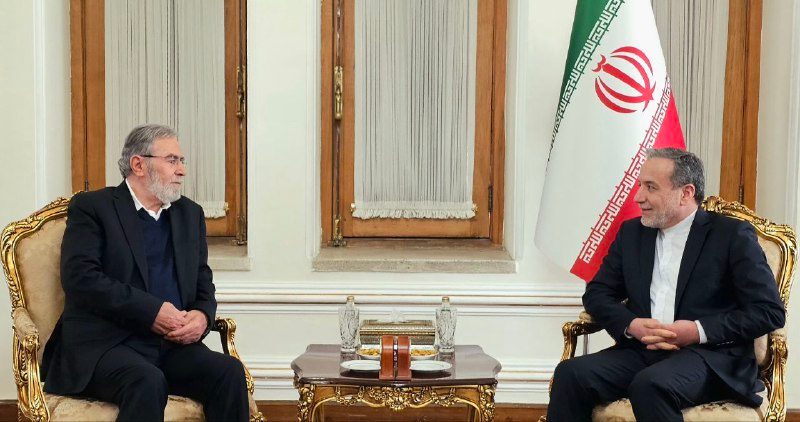
Israel achieved none of its war objectives in Gaza: Iran FM
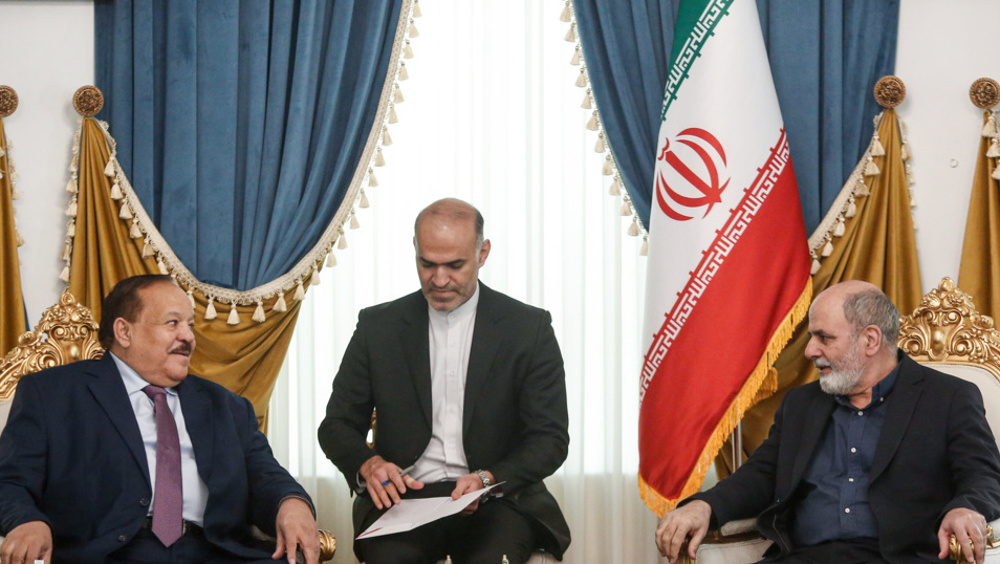
Iran’s top security official calls for establishing peace, stability in Sudan
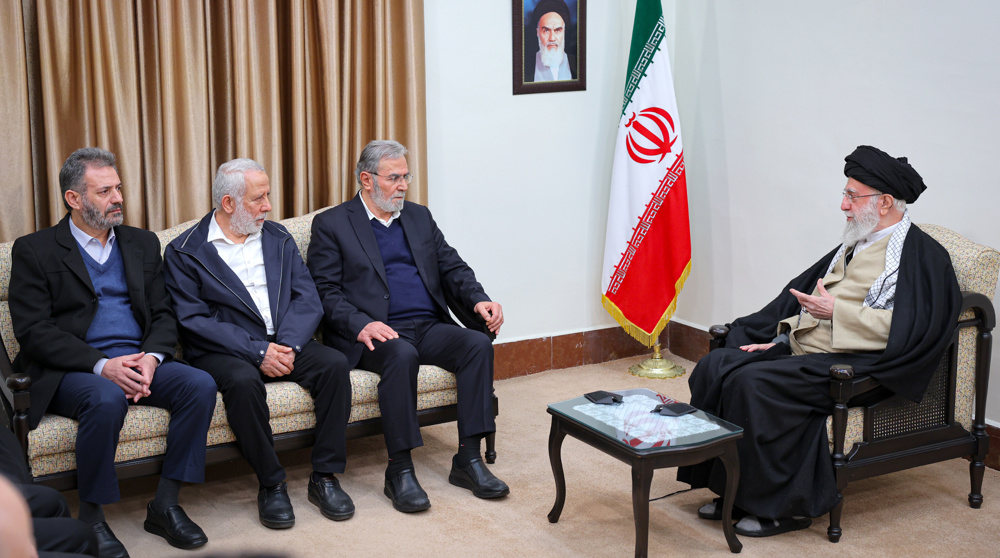
Leader dismisses US displacement plan for Gaza as ‘foolish, futile’
US special envoy in Kiev amid war of words between Trump, Zelensky
Hamas says ready to free all Israeli captives at once in phase two of truce
Israel kills one, injures two in southern Lebanon: Media
‘Colonial powers’ have no right to determine fate of Palestine: Qalibaf
Explainer: Why are MK-84 2,000-lb bombs approved by Trump for Israel so deadly?
President Pezeshkian: Iran, Qatar opening new avenues for cooperation
VIDEO | Displaced return home despite destruction
IRGC unveils new homegrown smart missiles, drones drill


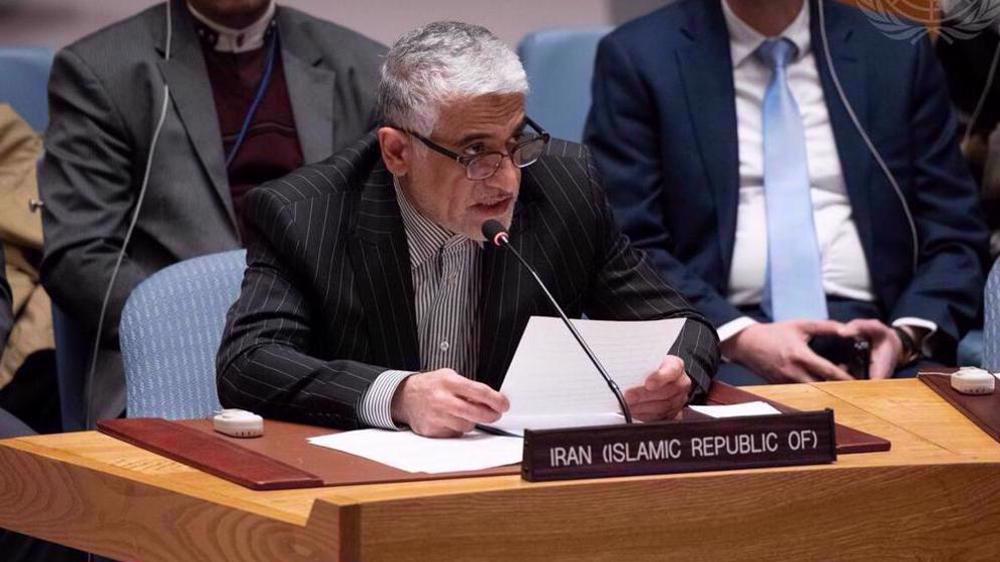
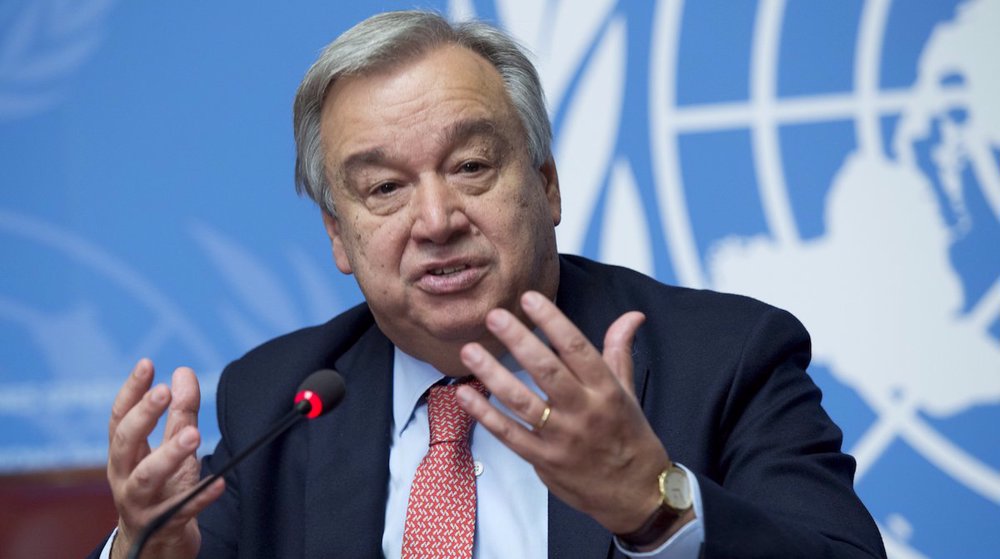



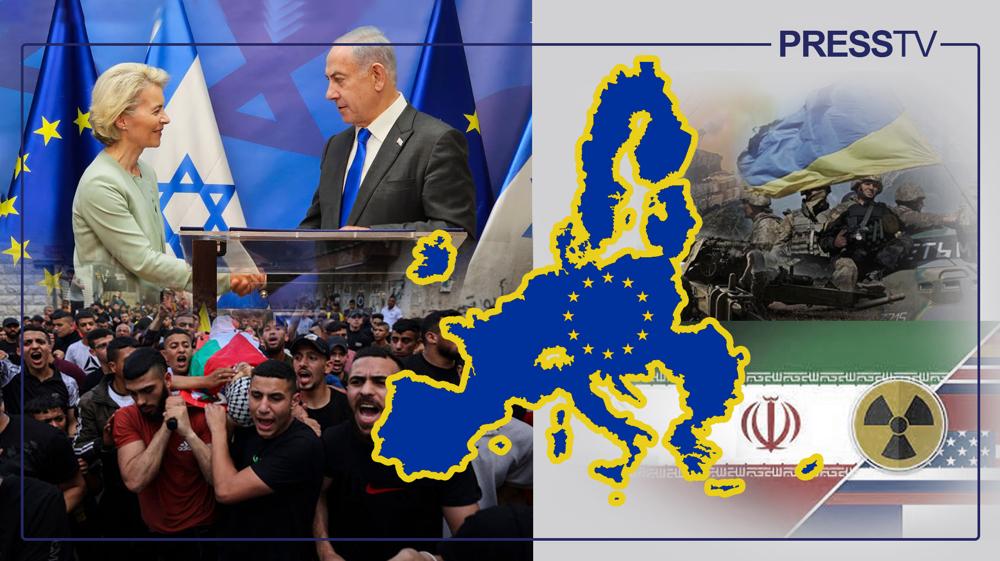
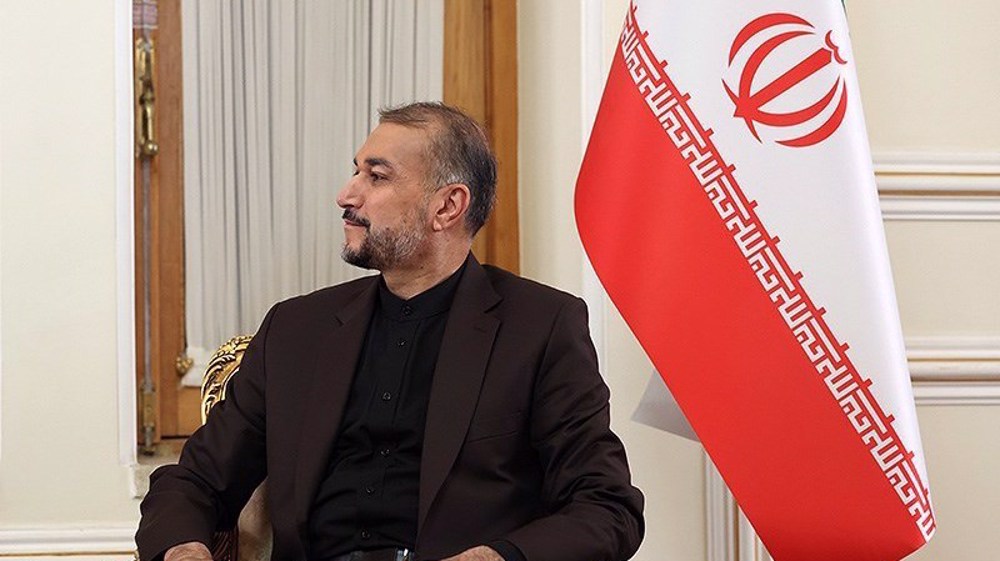
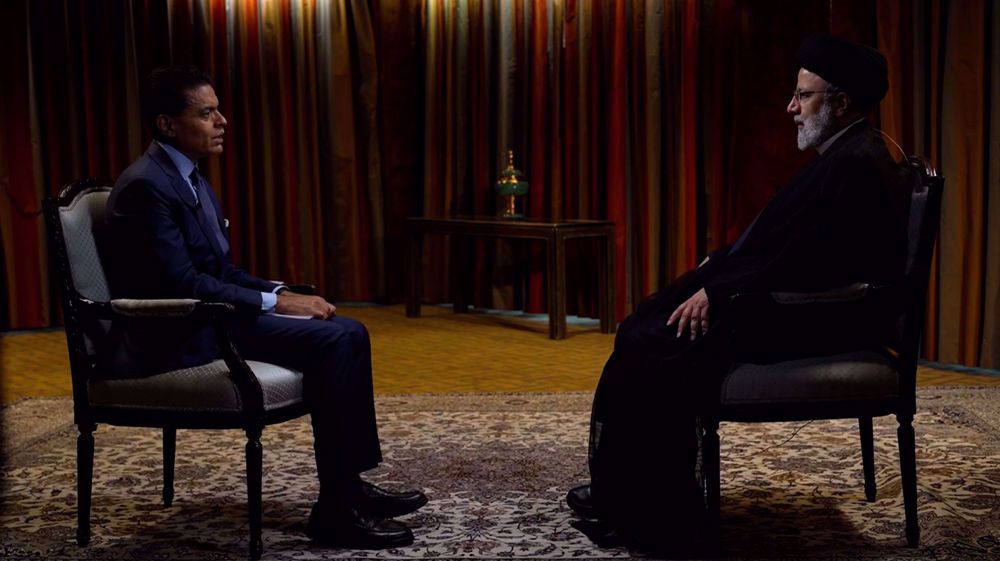
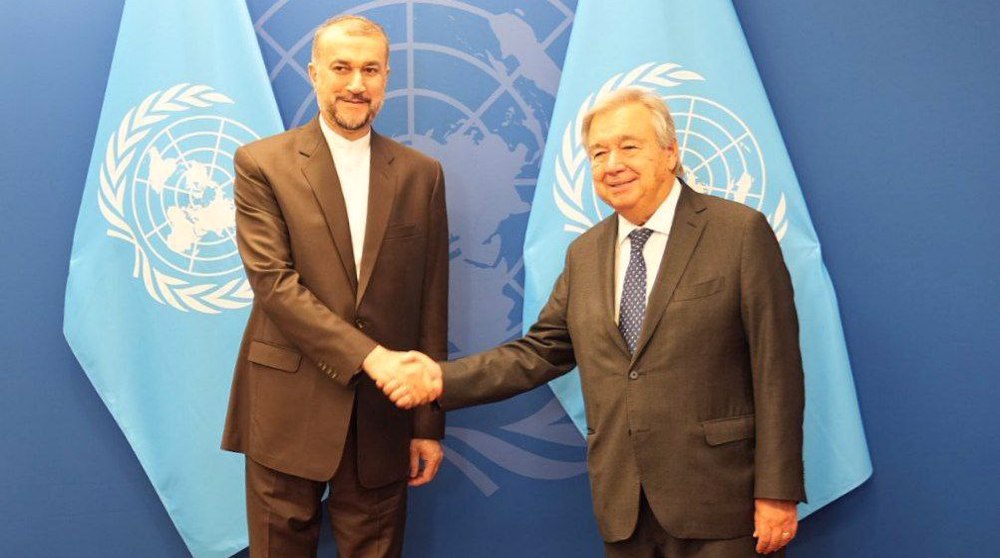

 This makes it easy to access the Press TV website
This makes it easy to access the Press TV website